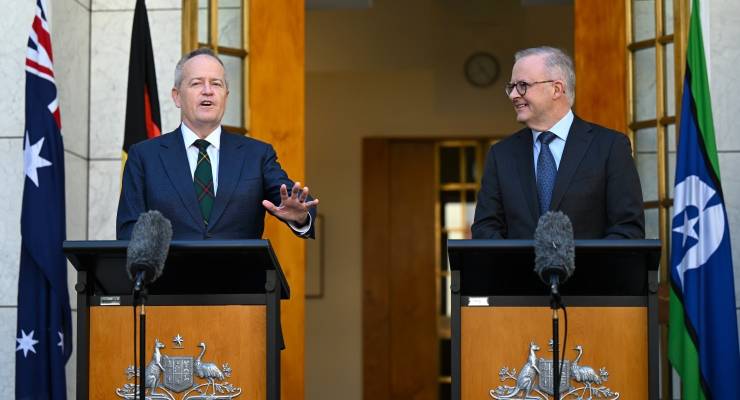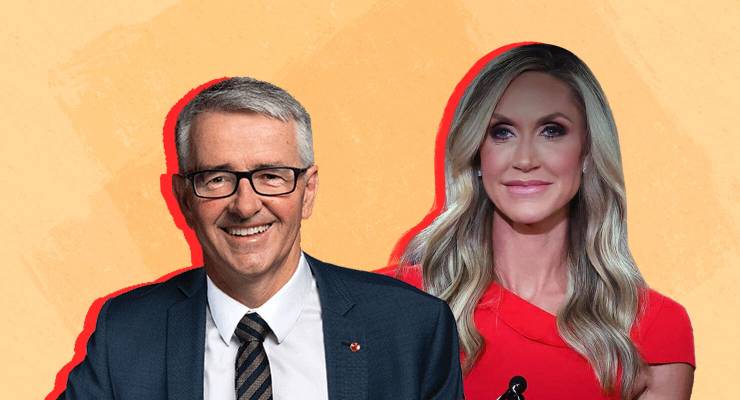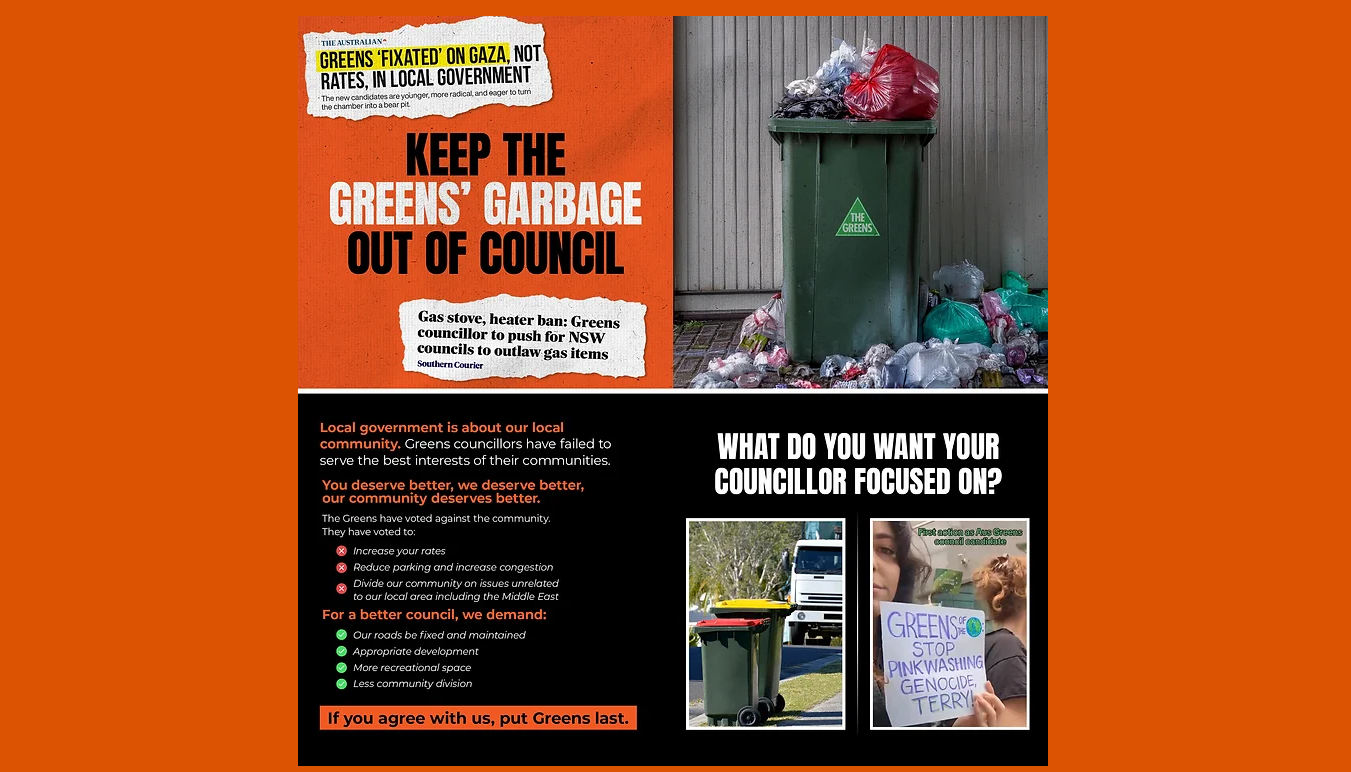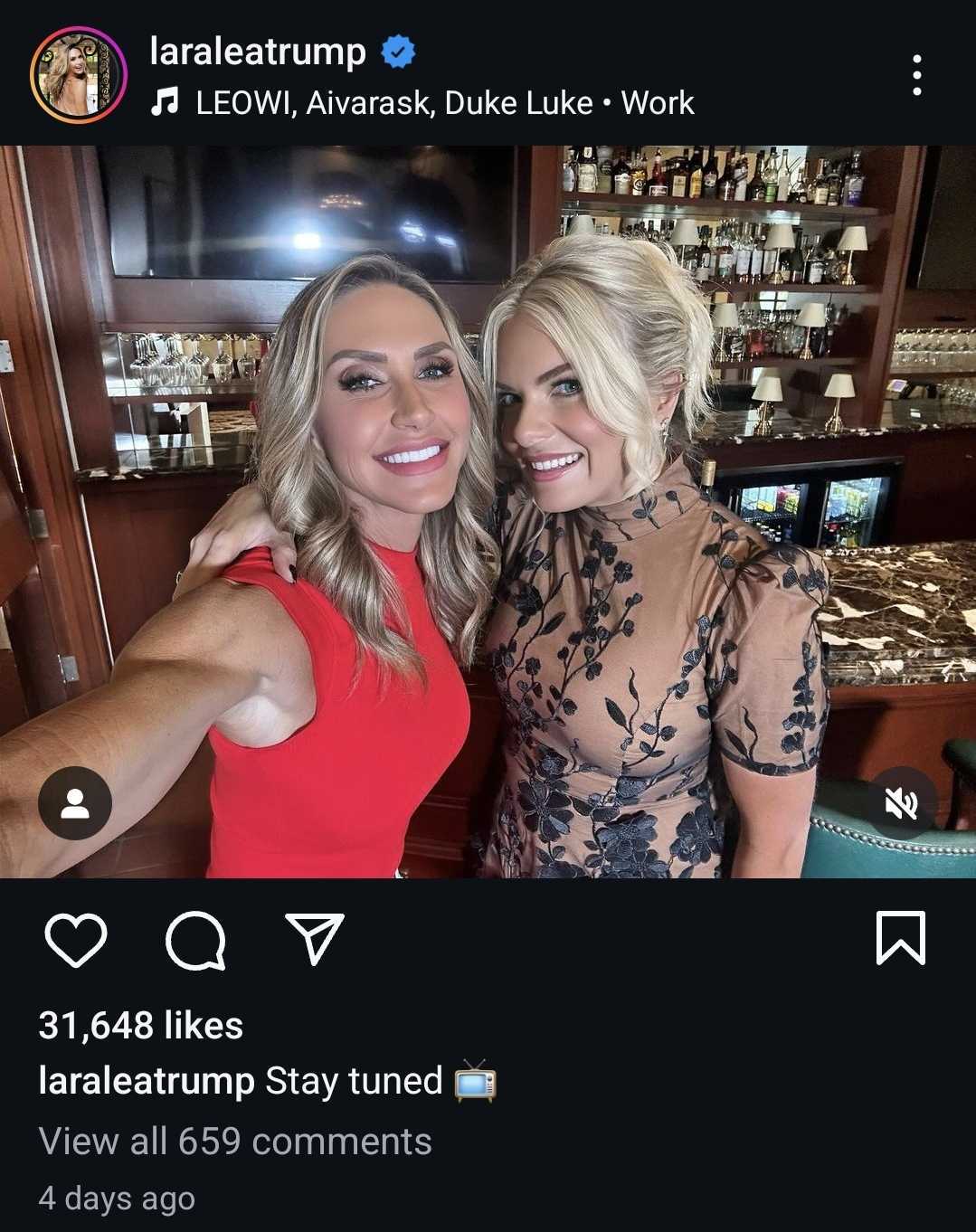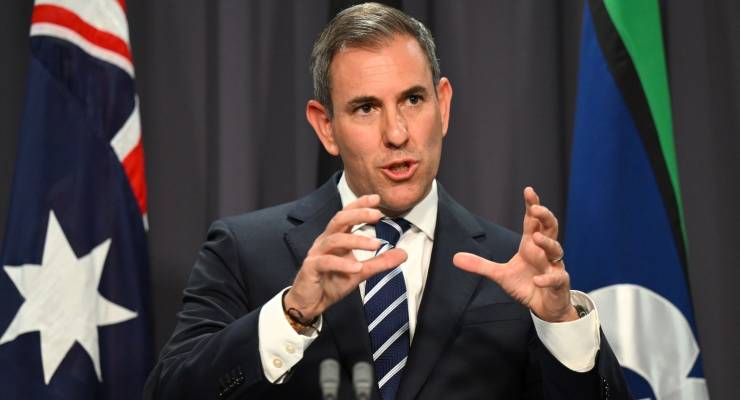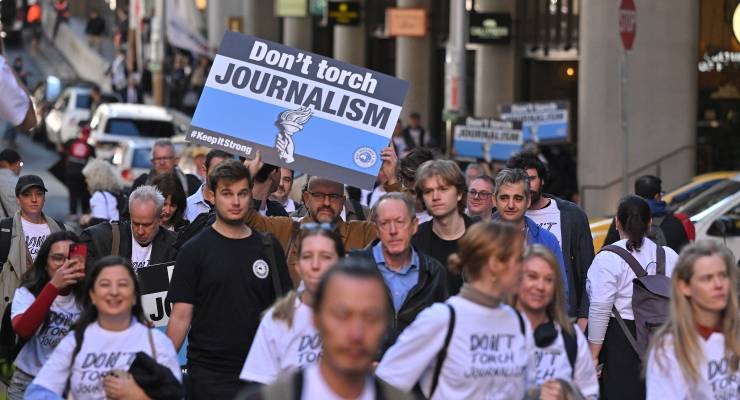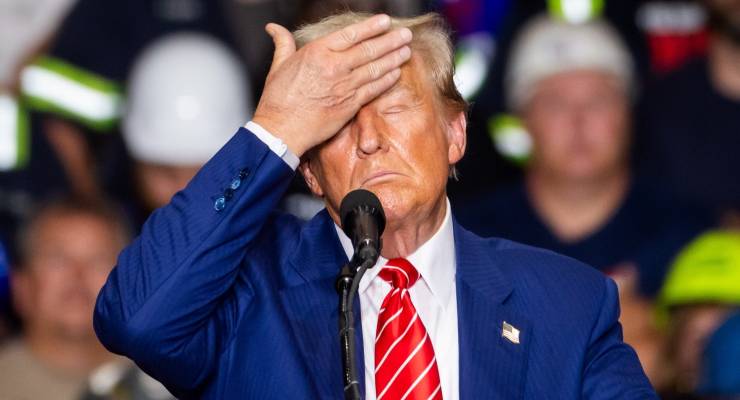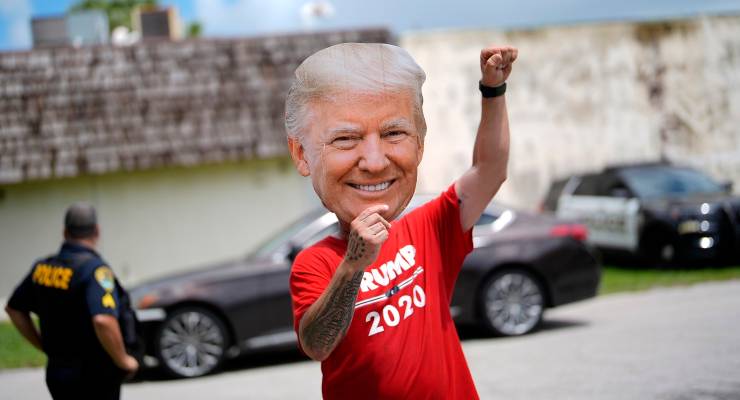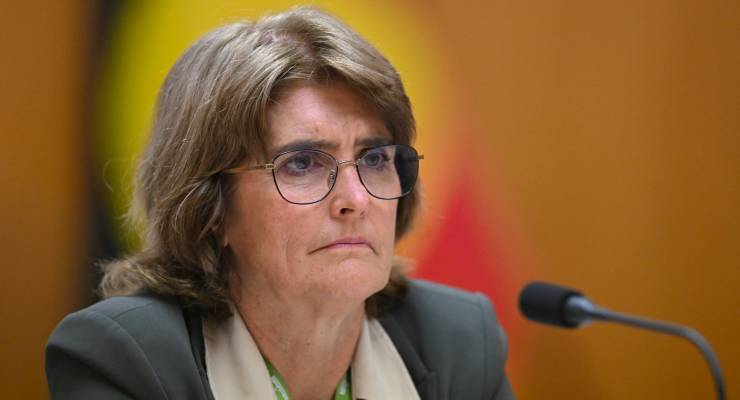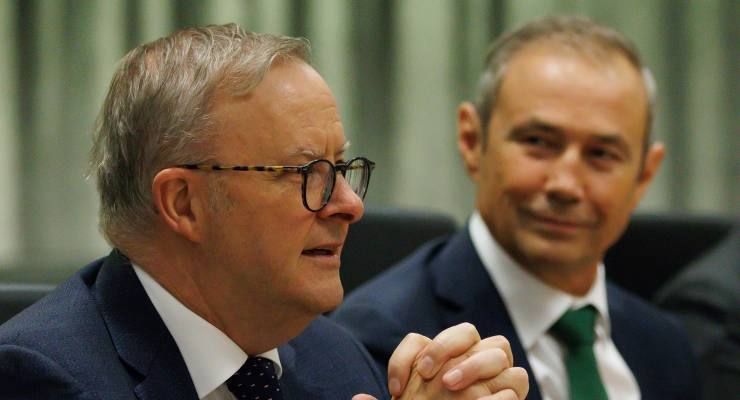The Albo-supporting Left and the Conroy-Marles Right have been taking Shorten's outfit apart for months. Today they got him.
Stop Press: Your correspondent filed this epic yesterday for publication today. It details how piece by piece, Bill Shorten’s faction has been taken apart by the dominant Labor leadership group. And just to screw me, Bill just resigned, too late for me to rewrite, and too early to delay for 24 hours. If you’re wondering why Mr Save the NDIS is leaving politics in six months at the latest, here’s one account of it below…
John Setka and the CFMEU leadership were hoping things might settle down for a bit and… oh noes! There’s a story about an alleged crime boss building his alleged crime empire with the alleged assistance of the alleged CFMEU. Why does this keep happening? The Victorian ALP might have hoped things would calm down a bit and… oh noes!
The Victorian branch of the Transport Workers Union (TWU) has been taken over by the federal body. Why does this keep… what? There are more allegations against Diana Asmar, beleaguered leader of the Health Workers Union (HWU), whose red clown hair has gone quite grey from the stress. Why does…™. And wouldn’t you know it, seems like the ABS was going to put a series of complex questions about sexuality and identity into the census and it all blew up and ONWDTKOH?
Well, I can see I’m going to have trouble convincing even the most persuaded reader that the census stuff-up was a feature of the ALP’s internal wars. And note: I am not accusing the ABS or Minister Andrew Leigh of any involvement in factional skullduggery. If only because in Leigh’s case I just think of him as that dude in Polyphonic Spree, just a happy man smiling and wandering around, holding a flute while behind him an army churns out content.
But I mean really. As Anthony Albanese and the National Left–TWU Right go to war against an insurgency, what pops into public view but a dilemma for which there is no good solution? There is no way to win this census “stuff-up”. All Albanese got to choose was which loss he would take. Stick with the new question and get a culture war playing to the outer suburban marginals. Kill it entirely and give the Greens the last 1,000 votes they need for Macnamara and Wills.
The final decision — to split it in two and ask half the question — is Solomonic, but only if you never read that story to the end.
Crib notes for the present
Ooooooooook, let’s backtrack a bit and start with the crib notes I am continually asked to provide. Here goes: There were once — talking decades here — three big factions (and some others) that are pertinent: Labor Unity, the main right grouping; the Victorian Socialist Left; and what’s now called the National Left.
In the 1990s, the hitherto dominant NSW Right went from being a supreme mix of efficiency and some beliefs to a shonky suburban warlord outfit. As left-right politics was coming apart, the Victorian Right took the lead and was itself fragmented, fracturing into groups led by, or identified with, ex-stupol and youf Labor figures: Bill Shorten, Stephen Conroy and — at the somewhat separate SDA union — David Feeney. Labor Unity (or the core of it) then became an alliance between the Shorten faction, based around the Australian Workers’ Union (AWU), and the Conroy faction, based around the TWU.
Labor Unity came to be known as the “Short-Cons”. A “stability pact” was created between the Short-Cons and the Victorian Socialist Left, which had managed to come together with a unity unmatched by the Right. Both sides feared a repeat of the factional wars of the late 1970s, which saw branch-stacking reach a ludicrous pitch and elements of the NSW Right start to use outright violence to pursue their goals.
Then, several years ago, the Short-Cons came apart, with the Cons departing. (I recall Bill Shorten was in a plane over Arctic Canada when the Cons threw the switch. That was very funny.) The AWU/Shorts then (or before) made a play for factional power by allying with former SDA rising star Adem Somyurek, who had started his own factionette, the Mods.
The emergence of the AWU/Shorts-Mods group, as Centre Unity, gave the CFMEU a potential partner in a new alliance. They jumped out of the Socialist Left and the new mega-alliance made its power play. That was manifested by the Jane Garrett nonsense a few years ago, in which the late, former member for Brunswick became a willing pawn in a war of position.
The Herald Sun and others happily joined in constructing this decent but flawed and ultimately foolish inner-city Laborista as Jane of Arc, allegedly and ironically being torched by the firefighters union.
Cometh the permanent security establishment
Now enters the field the permanent military-security establishment that works through the Labor Right. Factional fragmentation has forced them to spread their chips across the political gaming table. For decades they preferred the SDA Right, given its anti-communist credentials. They appear to have given their support — often given without any knowledge of those supported — to the AWU Shorts and Mods.
They then withdrew it spectacularly by taping Adem Somyurek in military-espionage/German-porn-grade HD video, doing what most interpreted as branch-stacking. They then leaked it to Nine.
At the same time, John Setka at the CFMEU began to be leaked against. A bit later began “Operation Daintree”, an investigation into the misuse of training grants provided to the HWU. The HWU was aligned with the AWU-Shorts.
The AWU-Shorts-Mods had made their play, failed, and were now being taken apart. Their last act — and what had probably prompted the order for their liquidation — was an overly ambitious wave of, erm, “enthusiastic suburban branch recruitment” by Somyurek, which sought to take over branches run by the TWU-Cons and put them out of business.
The TWU-Cons regained their supremacy. They then allied with the Albanese-led National Left, which marked the latter faction’s departure from anything that could recognisably be called “left”. The general arrangement of the various stability pacts has been that whichever faction does not have the leader job gets to set the policy agenda — “policy”, as in, whatever programs will allow them to smoothly reproduce as a faction.
The current politics of Labor is a special version of this. The Albanese government relies on the Cons-TWU faction for its support, and they in turn demand the death-rattle ruinous AUKUS policy, which is a requirement of the permanent military-security establishment. The price of not doing that is — well, look. Watch the Somyurek tapes. Somyurek was defenestrated from an office that had no windows. These fuckers can do whatever they like to you.
Operation Dumbo Drops
What’s happening now is a push by various forces to topple Anthony Albanese as prime minister from within. This is confusing to some because the first visible manifestation of this was the fightback against it, with the leaking to Nine of some thick files and tapes against the CFMEU (or against the Victorian-Tasmanian construction branch) — the CFMEU now being a loose unit with enough power to give rebels a lot of heft.
The leakers have relied on the fact that Nine’s leadership, laced into corporate Australia, would love to nobble the CFMEU — and its journalists have Walkley gold dust in their eyes. What has resulted is an exposé campaign that anyone who is not just going along with can see has not nailed anything of any consequence.
Yesterday’s story is a case in point. It pings developer George Alex, following his conviction for money laundering and tax evasion, and accuses the CFMEU of helping him do it. The evidence is:
During a police surveillance operation in March 2020, agents observed Alex meet CFMEU NSW boss Darren Greenfield on the Gold Coast. There is no suggestion that Greenfield engaged in any criminal conduct…
Police alleged Alex’s syndicate also enlisted former CFMEU officials to act as dummy directors for ‘franchisees’ of one of his shonky Queensland labour hire firms…
… the allegations that Alex’s illegal operation relied on his ties to serving and former CFMEU officials echo the picture painted of him in 2015 by the Royal Commission into Trade Union Governance and Corruption…
The CFMEU’s NSW branch has not only granted the firm — which this masthead has chosen not to name for legal reasons — hard-to-obtain labour hire EBAs but pushed it onto major building sites…
So, in summary, a CFMEU official met with a developer, the CFMEU signed EBAs with a company that employs construction workers, and may have facilitated a company willing to work with the CFMEU getting contracts. And former CFMEU officials became dummy directors — and it all “echoes the picture”.
Echoes the picture? It’s the vibe of the thing. It’s a nothing story that conflates a union doing its job — getting EBAs for its members — with this secret squirrel spycraft. Photos obtained by The Age show Darren Greenfield having a cappuccino at Hog’s Breath Cafe.
Pathetic stuff, with tabloid beat-up and overblown headers that The Age claims to be above. But this drive has succeeded in the aims of the people who leaked the material to Nine. Instead of the selective investigation of possible individual malfeasance by some officials in one state branch of one industry section of a six-industry union, the entire organisation has been placed in depoliticised administration for three years. Which pretty much takes it out of the factional equation.
The winnowing of Suleyman
So what prompted this risky move? Well, the clue is in the treatment of Mem Suleyman, the now-deposed leader of a lot of grassroots power in the Victorian branch of the TWU. My presumption is that Suleyman wanted his branch, his power base and himself to be something more and other than just a power bloc for people like Richard Marles — the elite, Melbourne University stupol Labor aristocrat whose career has been built on the TWU.
This could not be tolerated by forces who want Marles to retain his power. Marles is a defence minister who acts as a de facto foreign affairs minister, while the actual foreign affairs minister’s role is as a human shield for Labor to allow it to support Israel’s destruction of Gaza.
And so, suddenly there were accusations that Suleyman was a sexual harasser! Well, we in the modern labour movement have zero tolerance for gender-based etc, etc, etc.
But… oh noes. The harassment accusations against Suleyman proved to be unfounded. This poor man has been traduced, the TWU federal office says. In fact, he has been so badly treated in political infighting in the branch that the only way to solve this is to disband the branch itself.
The fix is in again
Simultaneously with the rebel faction in the TWU being nobbled, Albanese requested that the ALP federal executive suspend the Victorian branch’s role in preselections, thus preserving the National Left-Cons/TWU control of the status quo in Victoria. Wow. A repeat of the branch suspension and administration following the Somyurek revelations.
Last time that made people in Victorian Labor so angry they ran an external campaign, through the Herald Sun and elsewhere, to attack the Labor leadership from the outside, even though it was months out from an election. They got pretty shellacked for that. Surely nothing that kamikaze will happen aga… oh noes! Albo! That census question! How did you handle that so badly? It must be incompetence, right folks? It couldn’t be that a series of booby traps were laid from which there was no escape without damage.
So this is where we are. Labor is in an all-out internal war as it heads towards the election. The main factional alliance is fighting to maintain its dominance. Other smaller factions are fighting an insurgency, partly as a nap bet on attaining internal power, and partly for their own survival against a central alliance they now see as wanting total party dominance.
Lawfare, against both the deserving and the undeserving, is becoming a general strategy. Nine is used as a conduit for whatever needs to be dropped, leaked, released.
Gear-stick death drive
When the principals of this finally exit politics, those from the right will go to sinecures in the defence industry, and those from the “left” will go to the same in industry superfunds — where, like Grahame McCulloch, former militant NTEU head now industry sup(e)remo, they may occasionally emerge to do the bidding of the government and state and, as CFMEU administrator, incorporate the last militant industrial union into the state apparatus. Okay, okay, to be fair, he may also protect it from worse. Bill himself, a man of integrity, is apparently going to Canberra Uni as VC.
All of that is driving a foreign policy dictated by American interests, turning us into the white cop of Asia, drawing us towards a war with China that would be the very opposite of our national interest and may result in untold lethality for our population and our land. Spruiked, boosted and unscrutinised by a media organisation that doesn’t want to do anything to interrupt the supply of drops.
Tune into Insiders, RN Breakfast, and read the Nine op-eds and the News Corp spittoon to hear nothing about this from people who have no idea what’s going on, and who lack both the basic knowledge to interpret it or any willingness to get it.
The great Australian media. And solidarity forever, the mighty Australian Labor Party.
Oh noes, why does this keep on happening…
Do you care about the Labor Party’s factional infighting? Let us know your thoughts by writing to letters@crikey.com.au. Please include your full name to be considered for publication. We reserve the right to edit for length and clarity.


